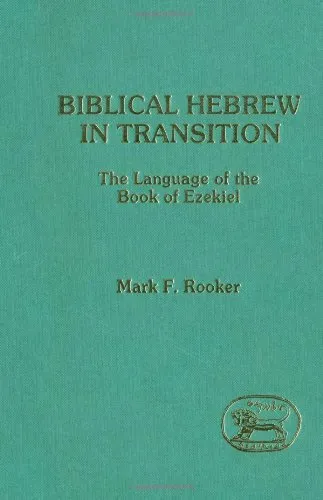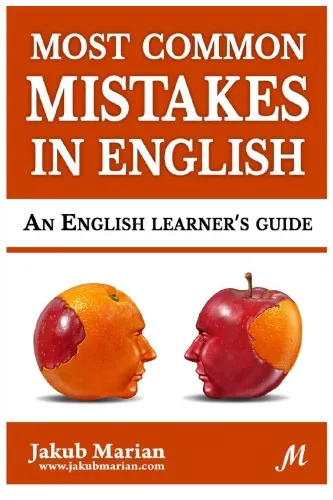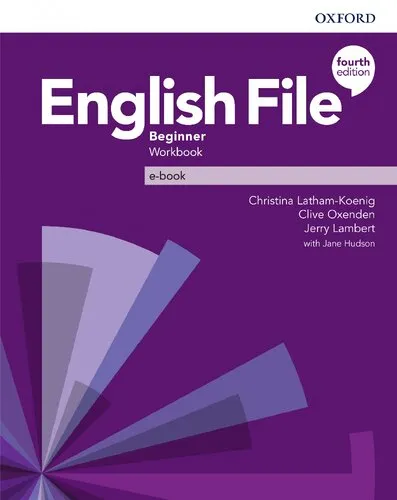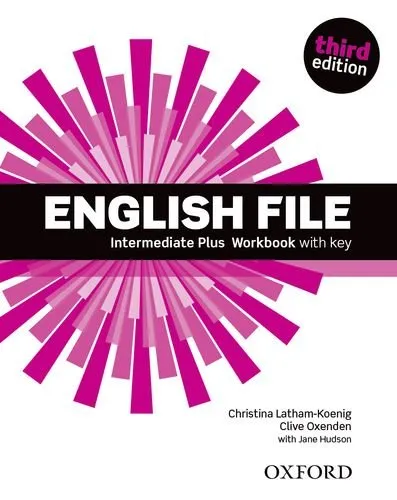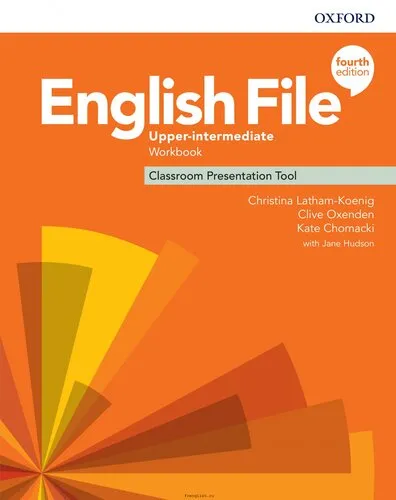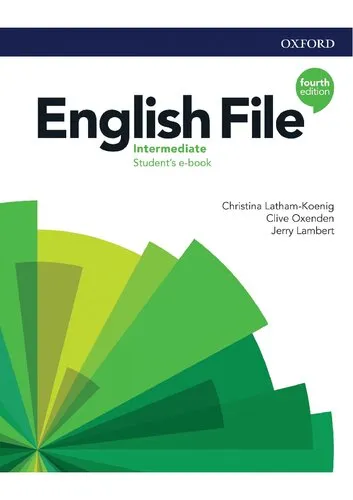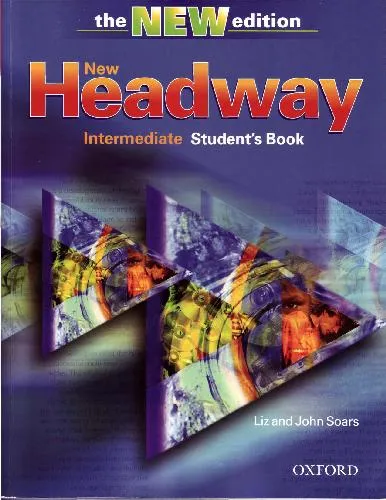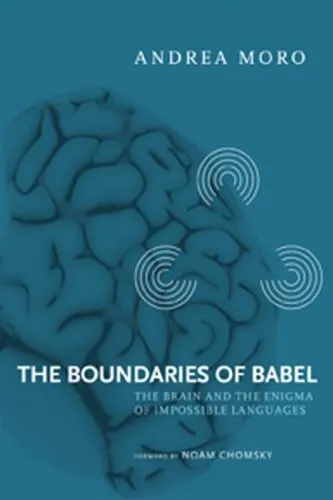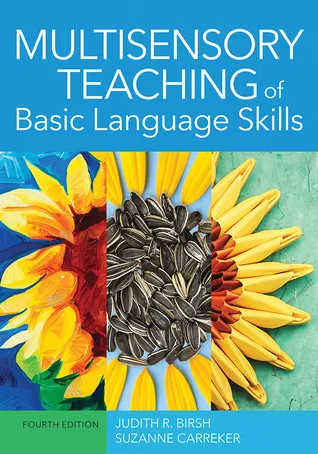Biblical Hebrew in Transition: The Language of the Book of Ezekiel
4.5
Reviews from our users

You Can Ask your questions from this book's AI after Login
Each download or ask from book AI costs 2 points. To earn more free points, please visit the Points Guide Page and complete some valuable actions.Related Refrences:
An Introduction to "Biblical Hebrew in Transition: The Language of the Book of Ezekiel"
"Biblical Hebrew in Transition: The Language of the Book of Ezekiel" is a comprehensive examination of the linguistic and stylistic features found in the Book of Ezekiel, presenting a unique perspective on the evolution of Biblical Hebrew. By analyzing the rich and distinctive language of this prophetic text, this book provides insights into the transitional nature of Hebrew during a pivotal period in Israelite history. This work stands as an essential resource for students and scholars of Biblical studies, linguistics, and the Hebrew language alike.
Detailed Summary
In this book, Mark F. Rooker delves deeply into the Hebrew language used in the Book of Ezekiel, analyzing its distinctive features and comparing them to other Biblical texts. The focus is on determining how Ezekiel’s Hebrew fits within the broader spectrum of Biblical Hebrew and its historical development. This text bridges the gap between Classical Biblical Hebrew, as seen in earlier texts like the Torah, and the later stages of the language, exemplified by post-exilic works like Chronicles and certain prophetic books.
Rooker begins by investigating the historical and cultural background of the Babylonian exile, a period that profoundly influenced the Book of Ezekiel. He explores how the socio-political context shaped the language and literary style of the prophet. The book then breaks down Ezekiel's syntax, morphology, vocabulary, and poetic structure, highlighting unique linguistic features such as specific phraseology, grammatical deviations, and lexical borrowings from Aramaic and other languages of the period.
Central to the study is the idea that Ezekiel occupies a transitional space in the history of the Hebrew language, reflecting the tensions of a community in the throes of significant cultural and religious upheaval. The book also examines how Ezekiel’s use of language serves its theological and rhetorical purposes, conveying messages of judgment, restoration, and hope, while simultaneously reflecting the linguistic shifts of the time.
Key Takeaways
- The Book of Ezekiel demonstrates a blend of classical and transitional Hebrew features, offering insight into the evolution of the language during the exile period.
- Linguistic features in Ezekiel point to external influences, such as Aramaic loanwords and Babylonian cultural imprints.
- The unique structure and style of Ezekiel enhance its rhetorical impact, supporting its theological messages of judgment and hope.
- The study reinforces the importance of socio-historical context in understanding Biblical texts.
- By examining linguistic anomalies in Ezekiel, the book contributes to the larger field of Semitic linguistics and Biblical philology.
Famous Quotes from the Book
"The Book of Ezekiel serves not only as a theological milestone but also as a linguistic bridge, charting the development of Biblical Hebrew at a critical juncture in history."
"Language is rarely static, and Ezekiel’s Hebrew bears the marks of both its past and its future, offering scholars a window into the dynamic evolution of a sacred language."
"The interplay between linguistic form and prophetic function shows us how Ezekiel's message was shaped, refined, and delivered to address the pressing needs of an exiled community."
Why This Book Matters
"Biblical Hebrew in Transition: The Language of the Book of Ezekiel" holds significant value for numerous fields of study. For Biblical scholars, it sheds light on the linguistic and theological intricacies of one of the Bible’s most enigmatic books. For linguists, it presents a case study in language development during a time of profound cultural influence and transformation. The book also serves as a reminder of the deep interconnection between historical events, cultural exchanges, and linguistic evolution.
Moreover, this work provides a framework for better understanding the progression of Biblical Hebrew as a whole, offering tools to analyze other texts that exhibit linguistic peculiarities. By rigorously breaking down the language of Ezekiel, Rooker contributes to the development of methodologies for understanding linguistic change within ancient Semitic languages.
This book is not only a meticulous scholarly endeavor but also an invitation to appreciate how language can encapsulate the weight of history, culture, and divine inspiration. For anyone passionate about Biblical language, history, or theology, this work is both enlightening and indispensable.
Free Direct Download
You Can Download this book after Login
Accessing books through legal platforms and public libraries not only supports the rights of authors and publishers but also contributes to the sustainability of reading culture. Before downloading, please take a moment to consider these options.
Find this book on other platforms:
WorldCat helps you find books in libraries worldwide.
See ratings, reviews, and discussions on Goodreads.
Find and buy rare or used books on AbeBooks.
1483
بازدید4.5
امتیاز0
نظر98%
رضایتReviews:
4.5
Based on 0 users review
Questions & Answers
Ask questions about this book or help others by answering
No questions yet. Be the first to ask!
